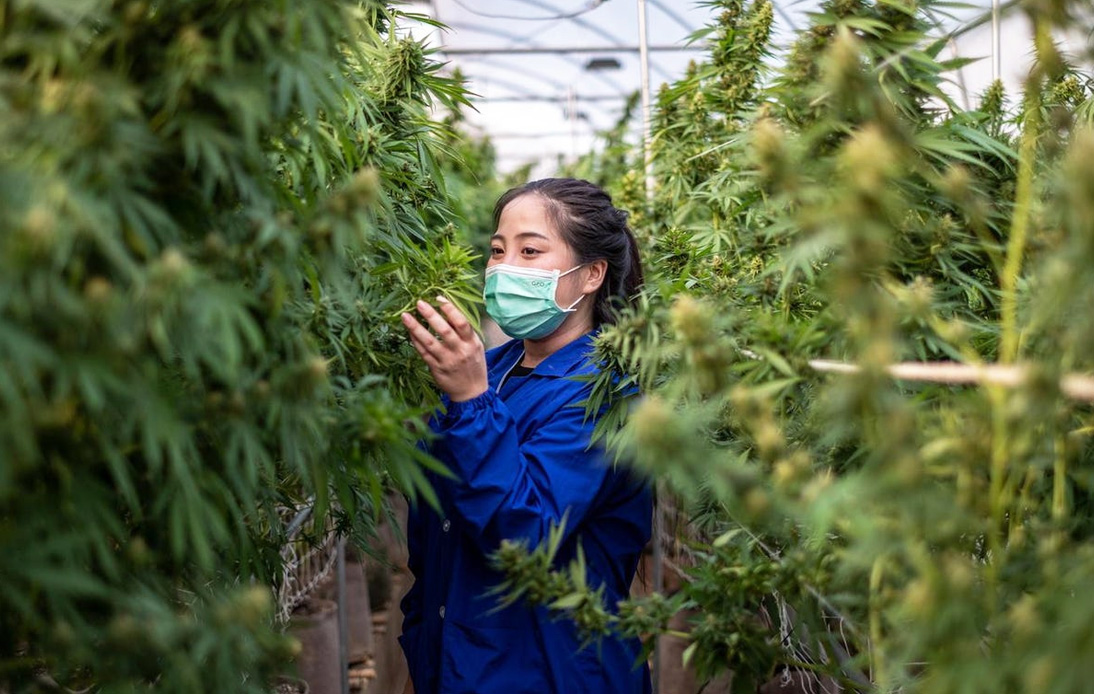
The Thai government expects to turn the country into a manufacturing center for hemp products in the next five years, hoping to generate around 25 billion baht in income.
On Sunday, Industry Minister Suriya Jungrungreangkit said authorities expected the plan to add more value to hemp grown and harvested in Thailand, projecting at least 20,000 baht per rai.
It will also bring more jobs to the supply chain industry as the government strives to boost the sector, he added.
According to Mr. Suriya, the plan is in line with the hemp industry’s global landscape driven by the latest related measures. The United States, Australia, Canada, China, South Korea, Japan and the EU recently decided to ease the plant’s legal restrictions and control for commercial purposes.
The global hemp market is also expected to rise. In 2020, the industry stood at 142 billion baht with 22.4% growth that year, but it is predicted to reach 558 billion baht each year.
Meanwhile, the ministry had tasked the Office of Industrial Economics (OIE) to develop an operating plan in order to boost hemp promotion as the nation’s newest cash crop, Mr. Suriya stated.
The government’s Bio-Circular-Green Economy program is also in line with the development plan for the hemp industry, he added.
OIE director Thongchai Chawalitpichet explained that the move to promote the national hemp industry included four main measures. The first measure intends to facilitate the research and development required to create prototypes, build a solid network and ensure intellectual property protection.
The second measure focuses on small- and medium-sized entrepreneurs’ needs to expand and upgrade their businesses and ensure that their products meet international standards, Mr. Thongchai explained.
The third move intends to boost locally made products’ marketing promotion in relation to the hemp manufacturing sector’s logistics, while the fourth one focuses on improving regulations and laws to certify hemp products.
According to Mr. Thongchai, the Center for Hemp Excellence is ready to handle technical and financial support to turn Thailand into a hemp hub.
“Hemp has become an important plant in many countries now as all parts of it can be turned into various types of products with a high commercial value,” he went on.
In the past, hemp was processed into fabric and paper. However, over 50,000 hemp-based products are now exported for global sales, including food, cosmetics, beverages, medicines, building materials, and more.




















